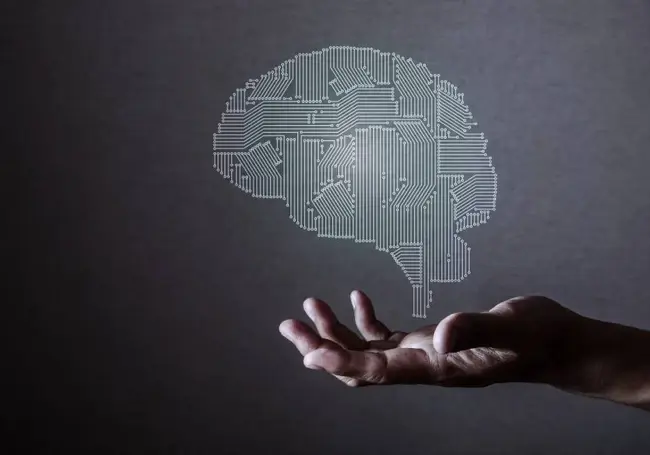In the 43 years since the first PC was developed, the world has seen a rapid development in digital technology. We have witnessed the development of a non-spatial, world wide database that allows people from every part of the world to communicate instantaneously. We have then seen this database stored in every persons' pocket.
Most recently, we have seen technology learn by itself. Some of this technology has even made some of us redefine the concept of intelligence.

How is machine learning being used?
AI goes beyond the scope of science fiction; it is now an essential business tool. Take, for instance, Cloudera: a software company that provides data engineering, analytics and data warehousing through cloud technology.
Cloudera has been using machine learning to advance their business. They have created a service that analyses data using machine learning in order to detect GDPR violations within businesses. Its ability to learn from its mistakes and find ways to detect these violations provides a unique tool for businesses looking to comply with GDPR.
Its easy to see then why companies are looking to incorporate AI into their business. Not only does machine learning allow organisations to develop risk assessment technologies but it works to analyse data instantaneously.
In this year, we are seeing more and more businesses employing AI into their arsenal. We have even seen Adobe adopt AI into their marketing strategy.
Perhaps the image of AI innovation as a dystopian future where humans submit to their robot overlords was blown out of proportion. Perhaps AI actually marks a much more subtle approach to improving businesses in order to assist us.
With companies improving their tactics with machine learning, our previous fears seem to have been addressed. The worry of this future is perhaps slowly being erased:




Comments ( 0 )